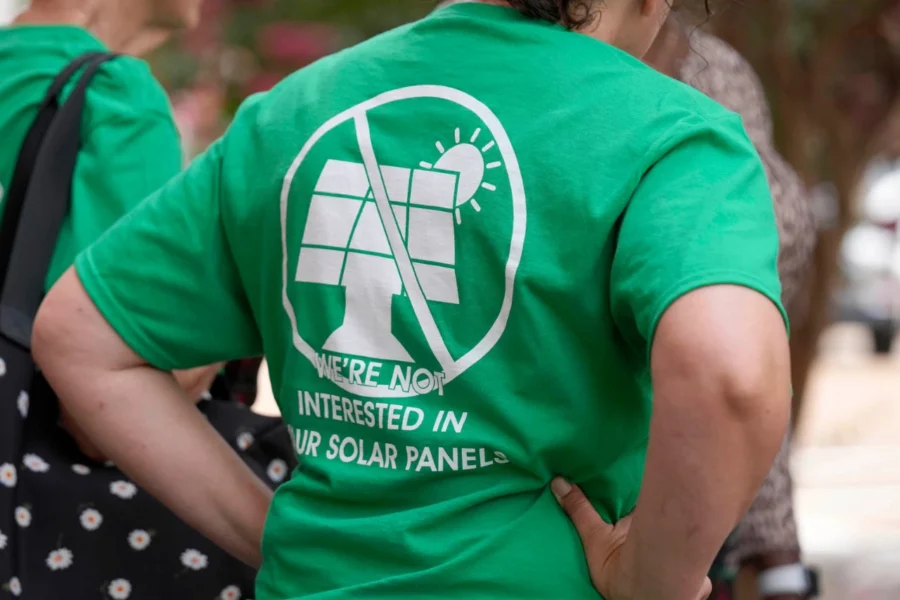A recent study conducted by researchers at the University of Sydney’s School of Project Management has found that strong local ties within communities can sometimes lead to resistance against environmental initiatives, sustainability programs, and greenhouse gas reduction projects. This finding challenges the traditional belief that robust communities always have a positive impact on the environment.
Echo Chambers and Consensus Within Strong Communities
According to Associate Professor Petr Matous, the senior author of the study, the resistance to environmental initiatives in strong communities could be due to the creation of echo chambers. In these echo chambers, beliefs are continuously reinforced with little debate, fostering a strong consensus within the group. This phenomenon is similar to what is observed in social media communities, where like-minded individuals often reinforce each other’s views on contentious issues.
While cohesive communities worldwide often collaborate to combat environmental issues, strong local bonds can also have drawbacks. “We’ve observed entire villages mobilising against renewable energy projects. For example, here in Australia, farmers in tight-knit communities have coordinated opposition to what they perceive as sudden, forceful changes on their land,” said Dr Matous.
Community Pushback and Sustainability Transitions
Program leaders now identify “community pushback” as a major bottleneck in implementing projects toward Australia’s net-zero goals. Sustainability transitions often require significant land areas and changes to longstanding land management practices, leading to resistance that can range from rejection of new methods to legal action and protests.
The study used quantitative analysis to examine how community networks influence outcomes in programs aimed at reducing greenhouse gas emissions from farming while maintaining productivity. The researchers defined strong communities as networks with many links or relationships broadly distributed within the community, fostering high cohesion.
Dr Abner Yalu, who contributed to the study during his PhD, said, “When strong internal bonding exists within a community, farmers are more unified in their practices but less likely to adopt recommendations from sustainability programs, such as protecting trees around their farms or using organic matter to maintain soil health.”
Associate Professor Matous emphasized the need for policymakers and program leaders to strike a balance by effectively engaging communities through genuine dialogue while respecting local knowledge and context. “Climate change demands urgent action, but we must respect that local community members are best positioned to evaluate the significance of their surroundings; they often understand what works in their context and may have valid reasons for resistance,” he said.
The study was published in Ecology and Society.
For more information, please refer to:


